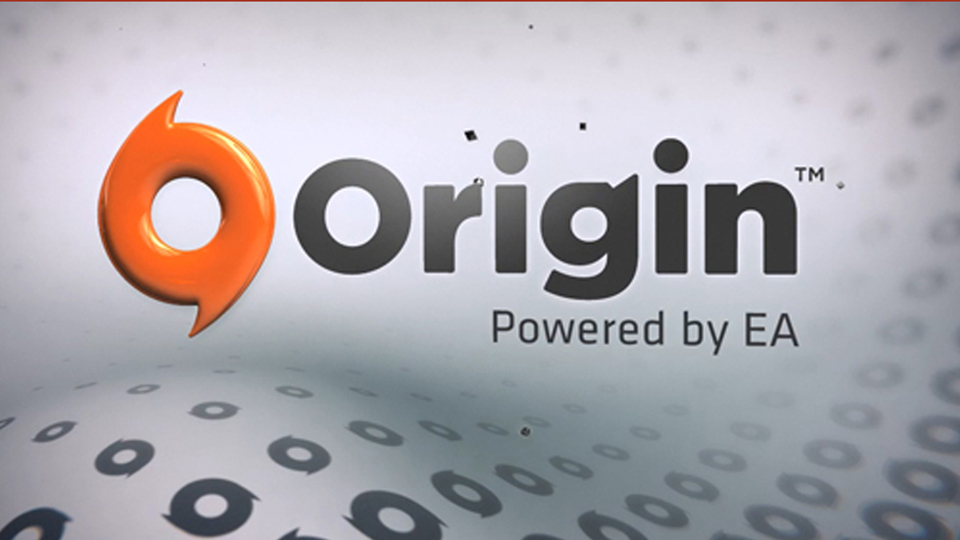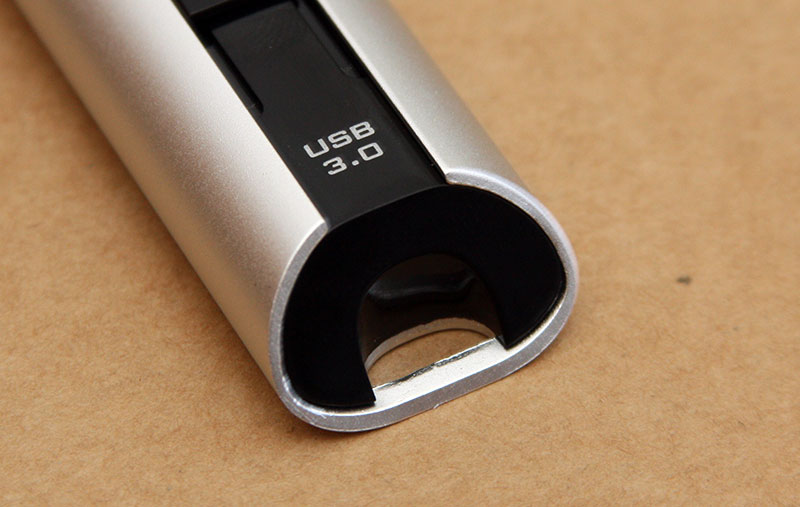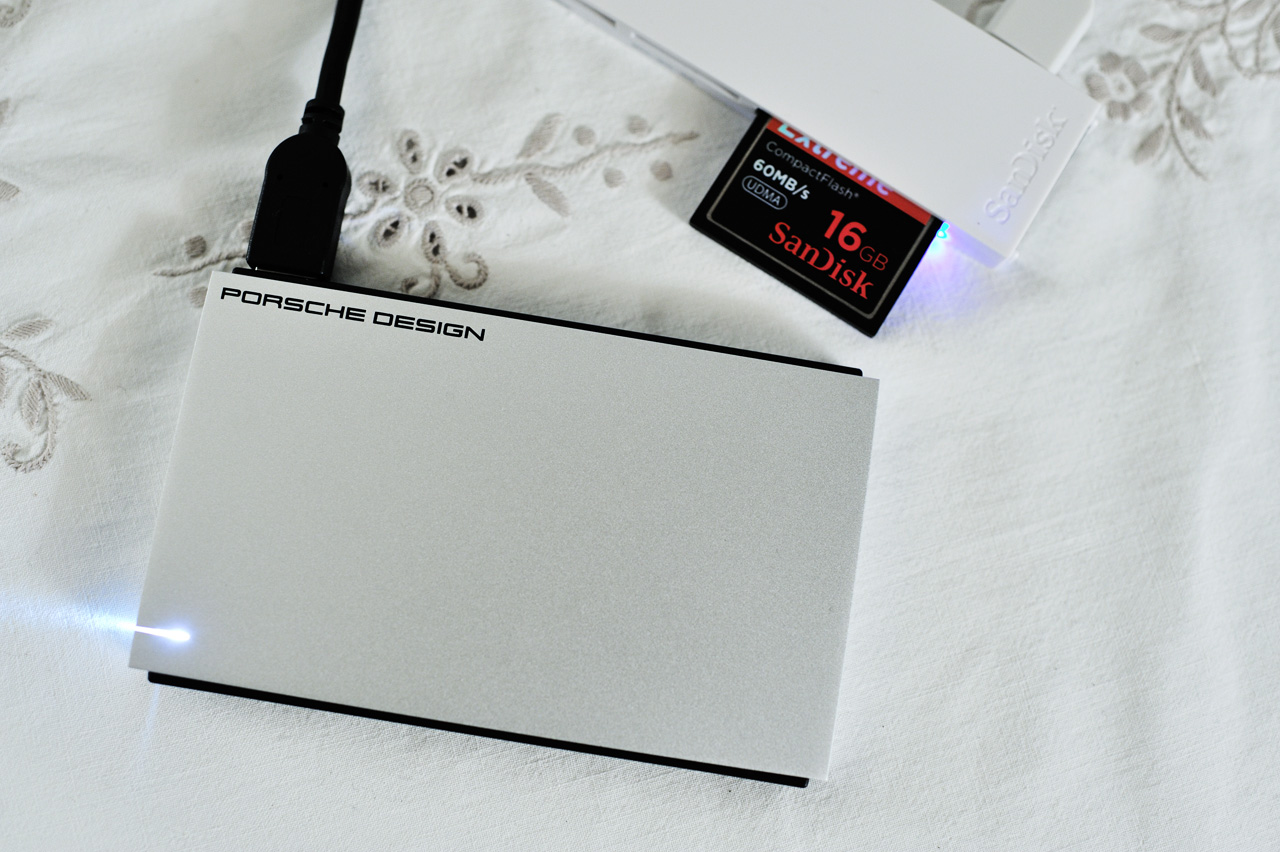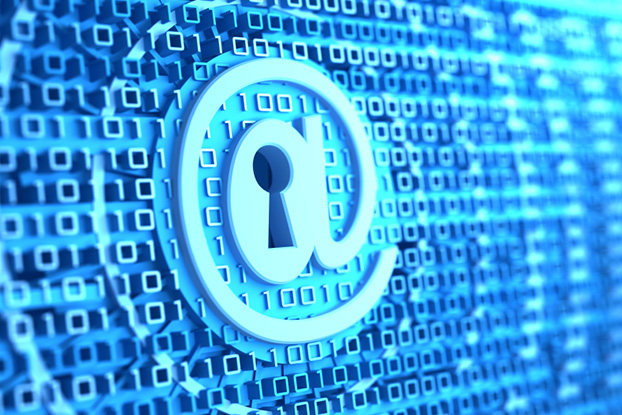uPlay vs Origin

In PC gaming, online stores have largely replaced retail. The major ones have their own software packages that manage downloads, instant messaging, and the actual shopping experience. Steam is the king of the hill, at least in terms of sheer popularity. But Ubisoft and Electronic Arts have created their own versions of it, complete with franchises like Battlefield and Assassin's Creed that can only be accessed through their walled gardens. So, let's determine who's No. 2 around here.
ROUND 1
User Interface When you double-click a game's desktop shortcut, uPlay steps in and gives you a launcher, so you have to start the game twice every time. Origin will go straight to the game, but loading the client defaults to the storefront instead of your library, and you'll get a pop-up window for current sales and special events. Thankfully, you can change Origin's behavior in its settings menus. You can also queue multiple game downloads. Origin can also tuck into the system tray and do its downloads in the background. Neither client has the option to create a game-specific desktop shortcut. You either create it during game installation, or you dig up the executable on your hard drive and create one manually. But Origin allows you to permanently hide games that you don't care about, which is something that Steam users have been requesting for years. Winner: Origin
ROUND 2
Library As this issue went to press, Ubisoft had about 60 games that required its uPlay service. When you buy one of its games through Steam, you download it from Valve's servers and log in to access it, but you still get redirected to uPlay's log-in and game launcher. Why would you bother with Steam at that point? Well, for some reason, uPlay's own content servers do not provide the fully patched version of the game. You must start, close, and restart the game for uPlay to detect and install each patch. EA has a couple of dozen games that require Origin. These can't be found on Steam, but you can get some Origin keys at other online stores like Amazon and Gamestop. This means that uPlay tends to have better price competition. uPlay sells non- Ubisoft games and even some Steam keys at times, so its service tends to have more buying options as well. Winner: uPlay
ROUND 3
Features Each client has its own version of a Steam overlay, plus achievements and cloud storage for save files. uPlay also allows you to launch in offline mode with most games, as long as you have logged in at least once before with your particular game to authenticate that purchase. Origin allows you to go into offline mode only after you have logged in. However, EA offers a sevenday money-back guarantee on titles that are both sold through Origin and published by EA, which shortens to 24 hours if you have launched the game. With uPlay, all sales are final. The Origin client also has a detailed grid to select friend activities that you do or don't want to be notified about. uPlay lets you limit the amount of bandwidth it uses, but you can't enter a specific number. Last but not least, Origin will accept Steam keys and provide you with the Origin version of that game. Winner: Origin
ROUND 4
Community These clients integrate their own user-communication platforms with instant messaging, friends lists, and in-game voice chat (during multiplayer). You can hook up both services to your Facebook account to quickly populate your list of peeps. Origin also throws in Xbox Live and PlayStation Network friend integration, though. And Origin has an invisible mode, so you can be online but look offline to your friends, if you're not feeling social. Origin also has a number of privacy settings that are completely absent from uPlay, such as hiding your profile from people who are not logged into the service, specifying what services people can use to find your profile, hiding just your achievement and Origin points while leaving the rest of the profile visible, and creating a list of users who can never see your online presence or profile even if they are logged in. Steam would lose the privacy settings contest, as well. Winner: Origin
ROUND 5
Digital Rights Management When uPlay launched in 2012, its games required an alwayson Internet connection, and you had to log into its servers even when playing a purely singleplayer game. These restrictions are almost all gone now, but Ubisoft still uses SecuROM and Tages DRM in a few titles. These impose limits on the number of times you are allowed to install a game, or the number of computers you are allowed to install them on, or both. Some users have found these mechanisms invasive and errorprone. A number of older Origin games use SecuROM, as well. At some point in 2012, Origin transitioned to an authorization system based on just logging into the service. However, it has not completely abandoned always-on requirements, as we saw with the release of Sim City in March 2013. One year later, EA updated Sim City to allow offline play. Winner: Origin
And the Winner Is? Admittedly, uPlay is at a disadvantage because Origin has been around for a year longer. But EA has put a lot of resources into bringing its online store and client to within a stone's throw of Steam, the 800-pound gorilla here. And in some areas, it's already moved past Valve's client design. uPlay sometimes has better prices for its games, but Origin is ultimately the winner in our contest.
|
|




